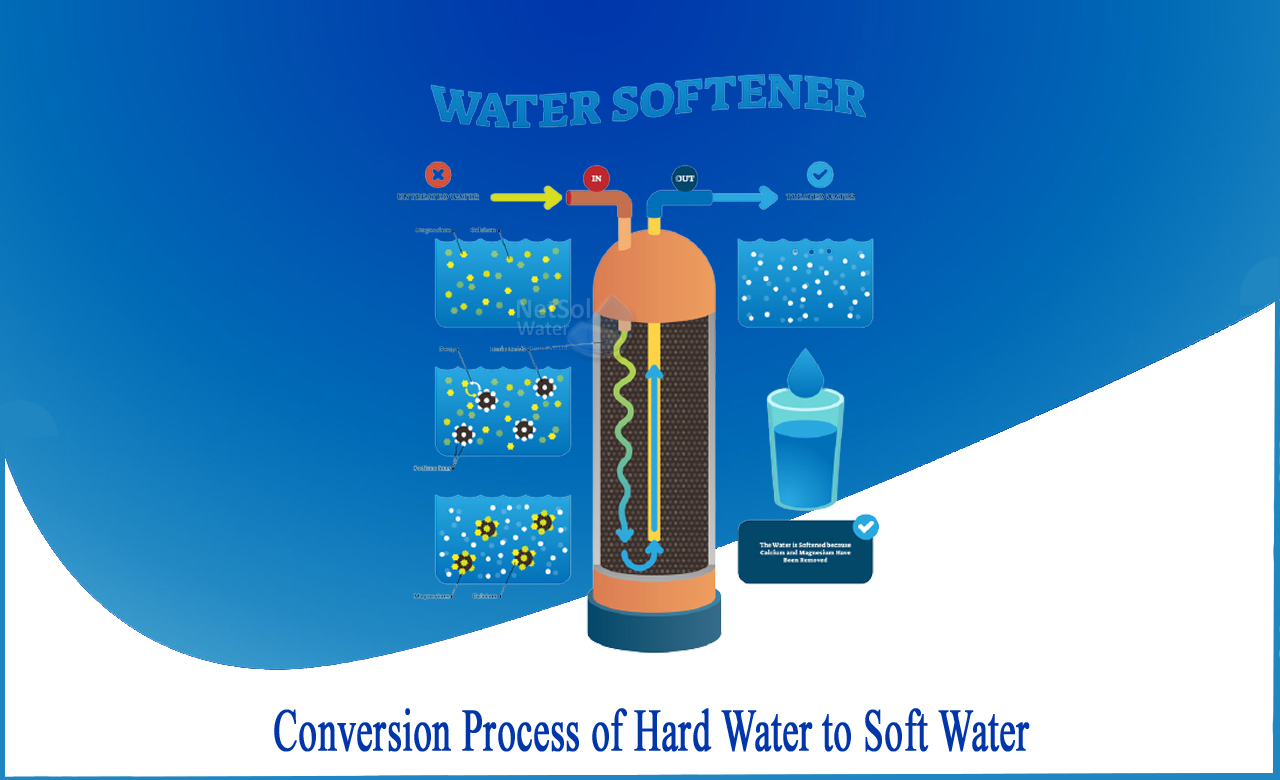WHAT IS HARD WATER FOR YOU?
Hard water is defined as water that has a high concentration of minerals such as calcium, magnesium, manganese, and other cations. Hard water is formed naturally when water passes through rocks such as limestone and chalk, which contain minerals such as calcium carbonate and magnesium carbonate.
WHAT IS SOFT WATER FOR YOU?
Soft water, unlike hard water, has a low ion content, particularly calcium and magnesium. The soft water is usually found on the surface itself. Rainwater is the most prevalent source of soft water.
A specific amount of calcium and magnesium is required by our bodies. If you only drink soft water, your body will be depleted of important minerals, which might have a detrimental influence on your health.
ADVANTAGES OF SHIFTING TO WATER SOFTENER SYSTEM
1. Mineral accumulation in pipes is reduced.
2. Clothes that last longer
3. There will be no more soap scum.
4. Hair that gleams (mineral-rich water can leave hair looking dull over time)
HOW MANY WAYS OF CONVERTING HARD WATER INTO SOFT WATER?
· USING BAKING SODA OR VINEGAR
Baking soda is alkaline, while vinegar is acidic. Baking soda and vinegar are both natural disinfectants that can be used to turn hard water to soft water. They eliminate the scaly coating that occurs in hard water as a result of mineral deposits.
To use baking soda, fill a tub halfway with water and add half a cup of baking soda to meet the requirement. It's critical to use distilled white vinegar. To remove the temporary hardness from the water, add one tablespoon of vinegar to every three cups of water.
· BOILING
Water can be temporarily softened by boiling it. You may do it by just cooking it for a few hours and then allowing it to cool. Boiling aids in the separation of minerals in the water at the utensil's bottom layer.
You must progressively transfer the cooled water to another vessel while leaving the bottom layer of water behind in this procedure. Boiling, on the other hand, does not precipitate off the permanent hardening species, necessitating the addition of sodium carbonate (Na2CO3).
· USING WATER SOFTENERS
For both kitchen and bathroom taps, a permanent hard water softener may be the most effective solution. A kitchen faucet or a bathroom tap can be used to connect the hard water softener. Before the water is released from the tap, the hard water softener will remove the minerals from the water.
This will just remove the deposits from the water, but it will not make it safe to drink. To make it drinkable, a secondary filter in the tap must be installed in addition to the general one.
· ION EXCHANGE SOFTENING
Ion exchange can be used to remove hardness. Ion exchange replaces calcium and magnesium with a non-hardness cation, usually sodium, in water softening. In a solids interface (matrix) through which the flow passes, calcium and magnesium in solution are removed by exchange with sodium.
The ion exchanger, like the filter, has a granular material bed, a flow distributor, and an effluent vessel that collects the product. Greensand, aluminium silicates, synthetic siliceous gels, bentonite clay, sulfonated coal, and synthetic organic resins are examples of exchange media. They are commonly in particle form, with a diameter of up to 0.5 mm. Artificial organic resins are used more frequently in modern applications. These spherical, clear BB-sized resins have the benefit of having a larger number of exchange sites. Each of these resin spheres contains sodium ions, which are exchanged for calcium and magnesium in the water.
The reaction is nearly rapid and complete if exchange sites are accessible.When all the exchange sites have been used, the influent begins to harden, which is referred to as breakthrough. Breakthrough necessitates the renewal of the medium by exposing it to a concentrated sodium chloride solution.
CONCLUSION
Although soft water has many advantages over hard water, the water delivered to the majority of our homes is high in hard minerals. Water softeners are available to solve this problem, but there are several types to choose from. Therefore, Netsol Water Solutions provide all types of water softeners for meeting the standards for industrial, commercial, domestic and institutional water purification.



